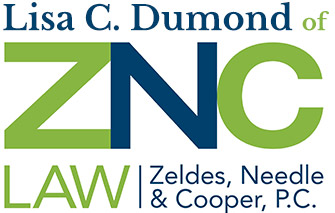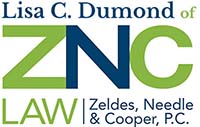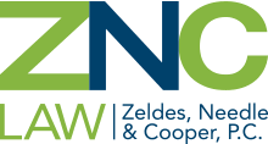Buying a house is probably the biggest transaction the average person ever makes. The purchase price for a home will usually be several years of your full salary before taxes, and you will probably spend decades paying off the house. What you intend to pay for the home will depend on its location, its appeal to you and its condition.
When you make an offer, you make a legal commitment to follow through with the purchase. Often, you may deposit somewhere between 1% and 5% of the offered purchase price as earnest money. How do you protect yourself from making an offer on a property that turns out not to be what you expect or from losing your earnest money if the situation suddenly changes?
Drafting a customized offer is crucial to your protection
Just using standard real estate forms will leave you with minimal protection as a buyer looking for a new house. The language in standard offer agreements is quite generic and may not include important terms that could better protect you.
You may want to include contingencies in your offer. A contingency is a clause providing an escape from the transaction. If the house appraises for less than you offered and you can’t get the mortgage, an appraisal or financing contingency would protect you.
Inspection contingencies are often used as well, allowing buyers to retract an offer or cancel the closing if a final walk-through or professional inspection turns up significant and previously undisclosed defects. You could even include a contingency that would allow you to cancel the sale if you cannot sell your own property for the price necessary to afford this home.
Reviewing counteroffers is also important
When a seller seriously considers your offer but has needs that you failed to address, they may propose a counteroffer. Buyers often focus on specific terms rather than the whole offer agreement when considering a counteroffer.
Having a legal professional review counteroffers and adjusted contracts before you formally agree to anything could protect you from potentially serious oversights and unfavorable terms. Having the right support when purchasing residential real estate helps you minimize the risks involved in your house hunt.



